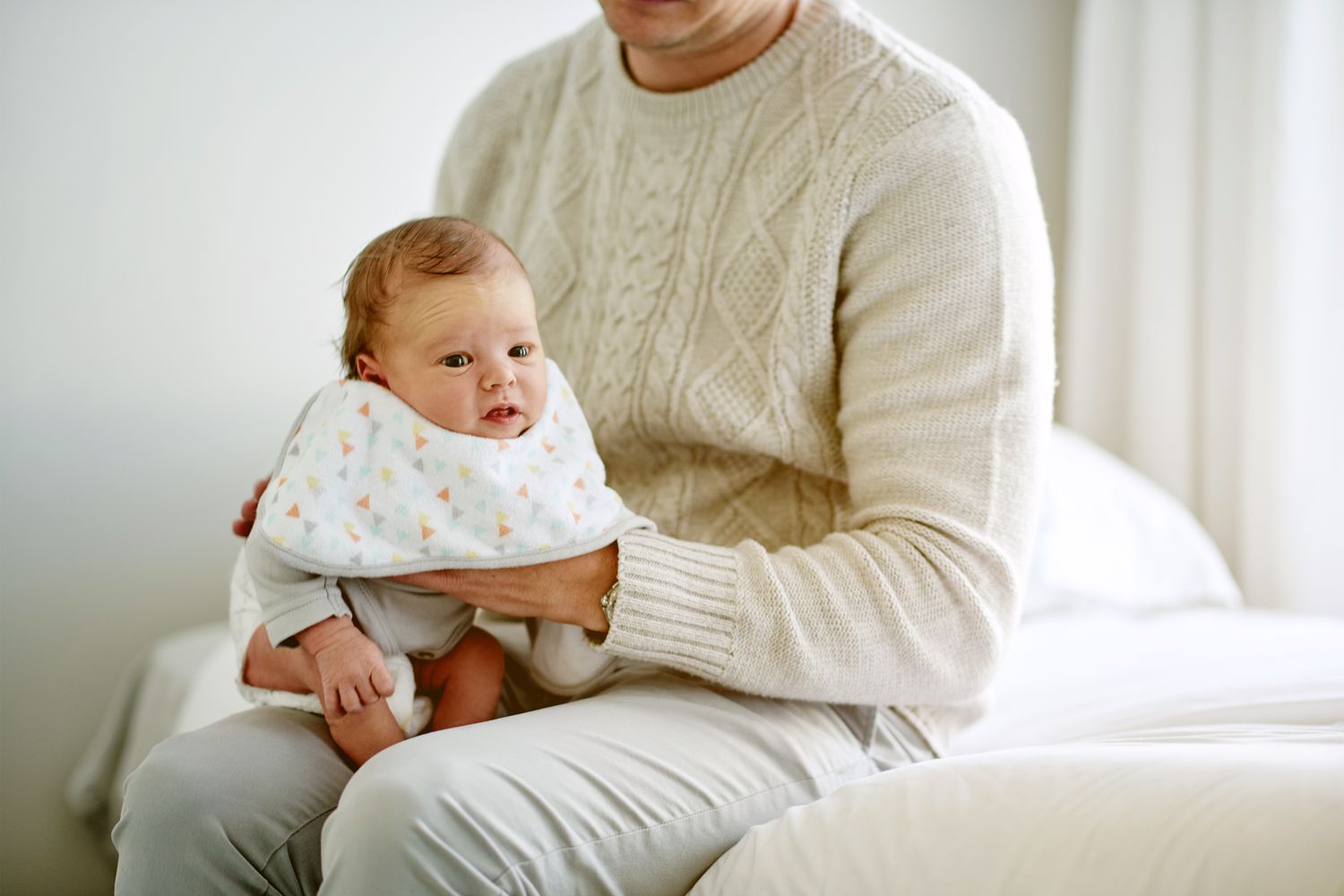Welcoming a newborn into your life is a joyous experience, but it also comes with a host of questions and concerns. New parents often worry about every little hiccup and sneeze their baby experiences. One common occurrence that can cause concern is newborn hiccups. In this article, we’ll explore what you need to know about newborn hiccups, providing insights into their causes, frequency, and how to alleviate them.
Understanding Newborn Hiccups
Hiccups are involuntary contractions of the diaphragm, the muscle that separates the chest from the abdomen and plays a crucial role in breathing. These contractions cause a sudden closure of the vocal cords, producing the characteristic “hic” sound. While adults and older children experience hiccups, newborns are particularly prone to them due to their underdeveloped diaphragms.
Frequency of Newborn Hiccups
Newborns tend to hiccup more frequently than older babies or adults. It’s quite common for babies to experience hiccups several times a day, often after feeding. The exact cause of newborn hiccups remains uncertain, but various factors may contribute.
Causes of Newborn Hiccups
- Feeding: One common trigger for newborn hiccups is feeding. Babies often swallow air while nursing, and this can irritate the diaphragm, leading to hiccups. To minimize this, ensure that you position your baby properly during feeds, allowing for a proper latch and burping them to release trapped air.
- Immature Nervous System: A newborn’s nervous system is still developing, and this immaturity can lead to hiccups. The brain and diaphragm may not communicate as smoothly as in older individuals, resulting in occasional hiccups.
- Overfeeding: Feeding your baby too much at once can also lead to hiccups. It’s essential to follow your baby’s hunger cues and avoid overfeeding, which can lead to indigestion and hiccups.
- Temperature Changes: Sudden changes in temperature, such as exposure to a cooler environment after a warm bath, may trigger hiccups. Make sure to maintain a comfortable room temperature for your baby.
- Excitement or Stress: Just like in adults, strong emotions like excitement or stress can lead to hiccups in newborns. Try to keep your baby calm and relaxed to minimize these occurrences.
Alleviating Newborn Hiccups
While hiccups are generally harmless and will resolve on their own, you can take some steps to help alleviate them and make your baby more comfortable:
- Burping: Gently burp your baby during and after feedings to release trapped air, reducing the chances of hiccups.
- Feed Wisely: Ensure that you’re feeding your baby in a calm, quiet environment. Follow a proper feeding routine and avoid overfeeding.
- Pacifier: Offering a pacifier to your baby can help soothe them and may reduce the frequency of hiccups.
- Infant Massage: Gentle massages can help relax your baby’s diaphragm and may reduce the occurrence of hiccups.
- Stay Calm: Remember that hiccups are usually harmless and will resolve themselves. Staying calm and relaxed will help your baby feel more at ease.
When to Consult a Doctor
In most cases, newborn hiccups are harmless and do not require medical attention. However, if your baby experiences hiccups very frequently, if they are associated with other concerning symptoms, or if they last for an extended period, it’s advisable to consult your pediatrician. These could be signs of an underlying issue that needs attention.
Newborn hiccups are a common and benign occurrence, often caused by the underdeveloped diaphragm and various factors such as feeding, temperature changes, and emotional states. They generally do not require any specific treatment and tend to resolve on their own. However, by following the tips mentioned in this article, you can help alleviate your baby’s hiccups and ensure a more comfortable experience for both you and your little one. Remember, while hiccups may be worrisome at first, they are just another part of the beautiful journey of parenthood.


2 thoughts on “What To Know About Newborn Hiccups”